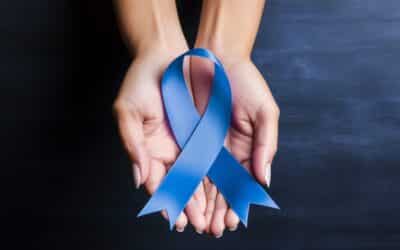Mental health – two words that carry immense significance yet are often met with uncomfortable silences or misunderstandings. In a world where physical health is prioritized, it’s time we shed light on the equally crucial aspect of our well-being: mental health. Mental health encompasses our emotional, psychological, and social welfare, influencing how we think, feel, and act. It determines our ability to handle stress, connect with others, and make decisions. Despite its paramount importance, mental health remains shrouded in stigma, preventing many from seeking the help they need. In this blog post, we’ll explore the reasons behind this stigma, strategies to promote mental health awareness, and the importance of building a supportive community.
The Stigma Surrounding Mental Health:
The stigma associated with mental health stems from many factors. Lack of knowledge and understanding perpetuates misconceptions and stereotypes, portraying mental illness as a sign of weakness or personal failure. Fear of discrimination and judgment prevents people from starting their struggles, leading to isolation and worsening symptoms. Media portrayals that sensationalize mental illness further fuel fear and misunderstanding. This vicious cycle of stigma discourages people from seeking help, reinforcing the perception of mental health issues as something shameful or uncommon.
Strategies for Promoting Mental Health Awareness:
Breaking the chains of stigma requires collective effort. Each of us can contribute to promoting mental health awareness. Start by opening and sharing your own experiences, even if it’s just with a trusted friend or family member. This act of vulnerability can normalize mental health struggles and encourage others to do the same. Educate yourself and others by learning about common mental health conditions, their symptoms, and available treatment options. Share reliable information to combat misconceptions. Challenge negative language and avoid using terms that trivialize mental illness. Instead, focus on specific actions or symptoms when describing someone’s behavior. Support mental health advocacy by pushing for policies that improve access to care and resources. Most importantly, normalize seeking help as a sign of strength and self-care, just like going to the doctor for physical health concerns.
Shifting the Narrative:
One of the most powerful ways to promote mental health awareness is by shifting the narrative surrounding it. When a friend confides in you about their mental health struggles, respond with empathy and understanding. Let them know that it’s okay not to be okay and that you’re there to support them. Mental health challenges exist on a spectrum, and anyone can experience them at some point in life. Offer a listening ear, validate their feelings, and provide non-judgmental support. Encouraging phrases like “I’m here for you” or “Seeking help is a sign of strength” can make a world of difference for someone struggling with their mental well-being.
Building a Supportive Community:
While awareness is a crucial first step, our ultimate goal is to create a supportive community where individuals feel comfortable seeking and receiving help. Schools, workplaces, and communities can promote mental health resources by providing information about hotlines, support groups, and therapy options. Advocating for mental health parity in insurance policies ensures that mental health treatment is covered on par with physical health care. Creating safe spaces that promote emotional well-being and resilience, such as programs in schools and workplaces, fosters a culture of support. Celebrating recovery stories of individuals who have overcome mental health challenges inspires hope and encourages others to seek help.
Changing the Stigma Starts with each of us:
Mental health struggles are more common than we might realize. According to the National Institute of Mental Health, one in five adults in the United States experiences mental illness in a given year. If you’re struggling, remember that you are not alone. There are people who care, resources available, and hope for recovery. Reach out to a trusted friend, family member, therapist, or mental health hotline. Taking care of your mental health is just as important as taking care of your physical health.
It’s time we shatter the silence surrounding mental health. By promoting awareness, shifting the narrative, and building supportive communities, we can create a world where mental well-being is prioritized, and seeking help is normalized. Let’s break the chains of stigma and embrace a future where mental health is openly discussed, understood, and supported. Together, we can make a difference.
Are you or your loved one in need of mental health support? We’re here to help. Feel free to contact us.










